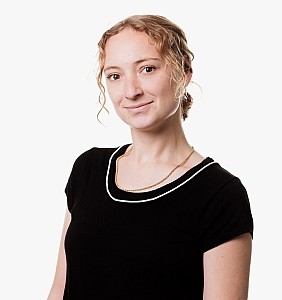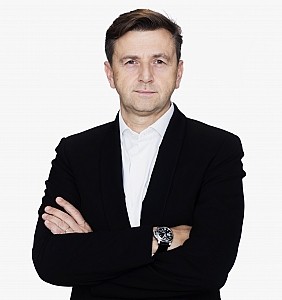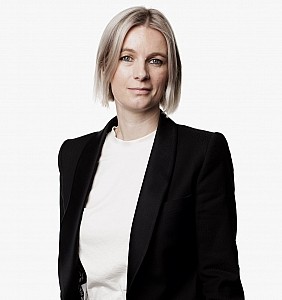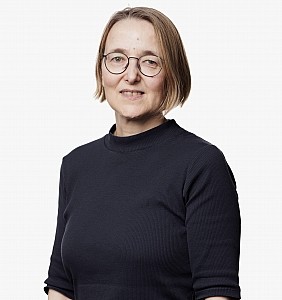SPC Blog - Part 3: The definition of a valid Market Authorisation Article 3(b)
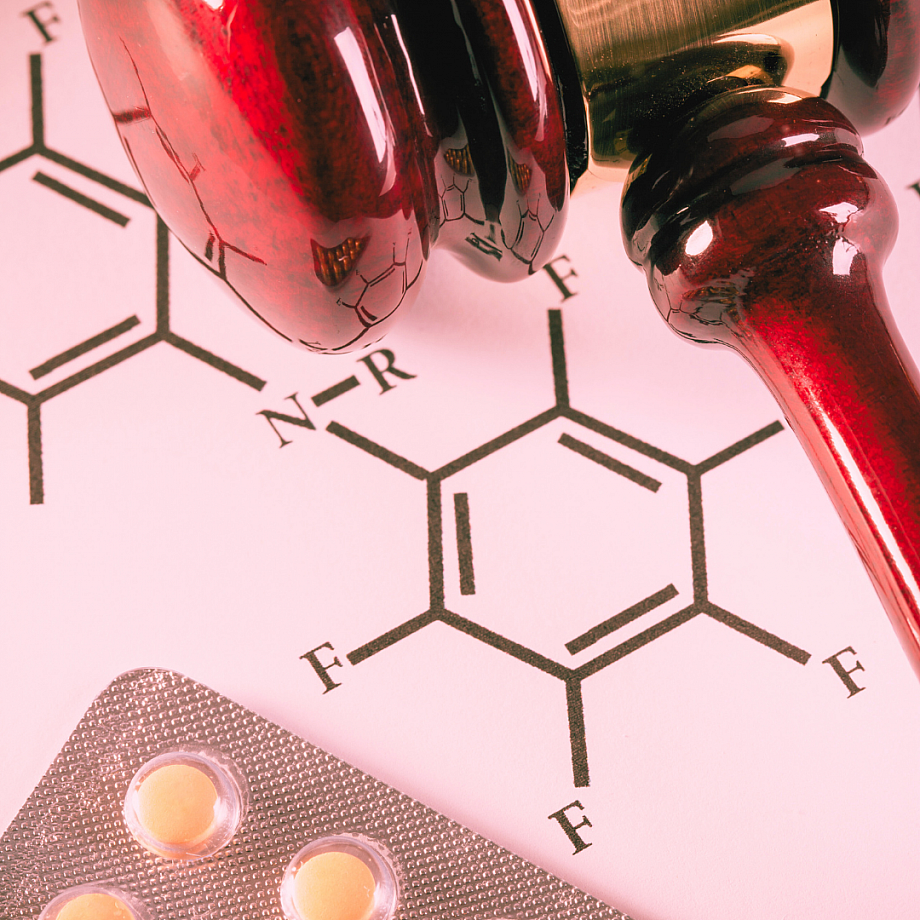
Introduction
The Supplementary Protection Certificate (SPC) Regulation is a vital mechanism within the European Union designed to compensate patent holders for the lengthy time required to bring pharmaceutical and plant protection products to market. Specifically, it addresses the delay caused by the regulatory approval processes, which can significantly shorten the effective market exclusivity enjoyed under patent protection. By extending patent protection for up to five years, with an additional six-month extension for pediatric medicines, the SPC Regulation helps innovators recoup some of the time lost during the product’s development phase.
Introduced as part of the EU's efforts to foster innovation, especially in the life sciences and pharma sector, the SPC regime has become a cornerstone for pharmaceutical and agrochemical companies looking to extend their market monopoly on groundbreaking products. However, securing an SPC is not automatic; the process is governed by criteria laid out in the respective Regulations (Regulation (EC) N° 469/2009 for pharmaceutical inventions and Regulation (EC) N° 1610/96 for plant protection) .
At the heart of the SPC Regulation lies Article 3, which establishes the core conditions for obtaining a supplementary protection certificate. This article is the subject of extensive judicial interpretation by the Court of Justice of the European Union (CJEU), as it determines the eligibility of products for extended protection. Article 3 encompasses four key requirements that govern whether
- a product is protected by a basic patent, (Article 3(a))
- has a valid marketing authorization, (Article 3(b))
- has not already been the subject of an SPC, (Article 3(c)) and
- that the marketing authorization in question is the first authorization to place the product on the market (Article 3(d)).
In this series of articles, we will explore the sub-articles of Article 3 (3(a), 3(b), 3(c), and 3(d)), and examine how various CJEU decisions have shaped the interpretation of these provisions.

Article 3(b) – Valid Marketing Authorization
Article 3(b) of the SPC Regulation outlines one of the key conditions for obtaining an SPC. Specifically, it requires that a valid marketing authorization for the product must have been granted in accordance with Directive 2001/83/EC (for medicinal products) or Directive 2001/82/EC (for veterinary medicinal products).
A valid marketing authorization means that the product must have received approval from the relevant national or European regulatory authorities, allowing it to be legally sold and marketed.
Thus, for an SPC to be granted under Article 3(b), the product in question must have received the necessary approval from these regulatory frameworks. Without a valid marketing authorization, the SPC cannot be issued.
Relevant case law
Article 3(b) of the SPC Regulation has been shaped by key rulings from the CJEU.
Important to note is that SPCs to date are national rights and must align with both the national patent system and the national marketing authorization system. While the SPC Regulation applies uniformly across the EU, the certificates are granted and enforced by national patent offices, and they confer rights that are territorial, limited to the specific member state where they are issued. Even if a centralized marketing authorization is issued by the European Medicines Agency (EMA) under the EU centralized procedure, an SPC application must be made separately in each country, and the national patent and marketing authorization must align territorially. This practice will be amended in the coming years, with the arrival of the Unitary SPC.
Pursuant to Art. 3 (b) of the SPC Regulation, a valid marketing authorization requires that a marketing authorization has been granted, i.e., that an act has been completed.
The case C-567/16 - Merck Sharp & Dohme Corporation v. Comptroller of Patents, Designs and Trade Marks (2017) relates to this subject.
MSD, a company incorporated in New Jersey (United States), is part of a group of pharmaceutical companies whose ultimate parent company is Merck & Co. Incorporated. Merck & Co. Incorporated was the holder of European Patent (UK) No EP0720599, for which an application was filed on 14 September 1994, with an earliest priority date of 21 September 1993, and which was granted on 19 May 1999. The patent covered the active ingredient ezetimibe and combinations of ezetimibe with other active ingredients.
In September 2013, MSD submitted applications based on an identical dossier in a number of Member States, under the decentralised procedure laid down in Article 28 of Directive 2001/83, with a view to being granted a marketing authorisation in each of those Member States and requested the Federal Republic of Germany to act as the reference Member State for the medicinal product Atozet, a medicinal product for adults intended to reduce the overall level of cholesterol. On 10 September 2014, the German Medicinal Products Agency issued an end of procedure notice, in accordance with Article 28(4) of the directive. On 12 September 2014, the first marketing authorisation for Atozet in the European Union was granted by the competent French national authority. On the same day, MSD filed an application for a supplementary protection certificate (‘SPC’) with the United Kingdom Intellectual Property Office (‘the UKIPO’), on the basis of the patent referred above. That application related to the two active ingredients of which Atozet is composed, namely ezetimibe and atorvastatin, or pharmaceutically acceptable salts thereof. With the SPC application in the United Kingdom, MSD provided a copy of the end of procedure notice issued on 10 September 2014 by the German Medicinal Products Agency. On 13 September 2014, MSD’s patent referred to above expired. However, the UKIPO’s examiner wrote to MSD raising an objection to the SPC application in the United Kingdom, on the ground, inter alia, that the application did not comply with the requirements laid down in Article 3(b) of the SPC Regulation since MSD did not hold a valid UK marketing authorisation.
The CJEU ruled in this case that an end of procedure notice is only an “intermediate step in the decentralized procedure” and does not allow the medicinal product to be placed on the market. Thus, such a notice issued by the reference Member State in accordance with Art. 28 (4) of Directive 2001/83/EC before the end of the expiry of the patent may not be treated as equivalent to a marketing authorization within the meaning of Art. 3 (b) of the SPC Regulation, and an SPC may not be obtained on the basis of such a notice.
A valid market authorization further requires that the substance in question undergoes an administrative procedure equivalent or comparable to a marketing authorization, as provided under Art. 3 (b) of the SPC Regulation and the Directive 2001/83. The case C-527/17 - Boston Scientific Ltd v. Deutsches Patent- und Markenamt (2018) relates to this subject.
In the case resolved by the Court of Justice in its judgment of 25 October 2018 (Case C-527/17), the Court was asked whether Article 2 of Regulation (EC) No 469/2009 of the European Parliament and of the Council of 6 May 2009 concerning the supplementary protection certificate for medicinal products must be interpreted as meaning that, for the purposes of that regulation, an authorisation under Council Directive 93/42/EEC of 14 June 1993 concerning medical devices for a combined medical device and medicinal product within the meaning of Article 1(4) of that directive is to be treated as a valid marketing authorisation under Directive 2001/83/EC of the European Parliament and of the Council of 6 November 2001 on the Community code relating to medicinal products for human use, where, as part of the authorisation procedure laid down in Annex I, Section 7.4, first paragraph, to Council Directive 93/42, the quality, safety and usefulness of the medicinal product component has been verified by the medicinal products authority of a Member State in accordance with Directive 2001/83.
The Court holds that the aforementioned authorisation procedure under the directive concerning medical devices cannot be treated the same way as the authorisation procedure for medicinal products referred to in the regulation concerning supplementary protection certificates
As such, according to the C-527/17 ruling, substances authorized under Art. 1 (4) of the Medical Devices Directive (93/42/EEC) do not undergo an administrative procedure equivalent or comparable to a marketing authorization, as provided under Art. 3 (b) of the SPC Regulation and the Directive 2001/83.
In conclusion, the rulings in cases such as C-567/16 (Merck Sharp & Dohme) and C-527/17 (Boston Scientific) have significantly shaped the interpretation of Article 3(b) of the SPC Regulation, clarifying the requirements for obtaining a supplementary protection certificate (SPC). These rulings emphasize the importance of a valid marketing authorization being granted, rather than intermediate procedural steps or authorizations under different regulatory frameworks. While the introduction of the Unitary SPC will bring changes in the future, current requirements demand precise alignment between national patents and marketing authorizations for successful SPC applications.
Avez-vous une question?
Nous serons heureux de vous aider.
Prenez librement un rendez-vous avec un de nos experts.
Rassurez-vous, vous n'êtes pas seul.
Naviguez dans la FAQ. Avez-vous encore des doutes,
n'hésitez pas à nous contacter.

